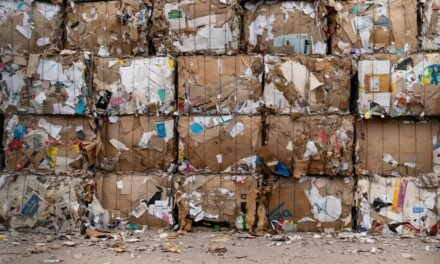“Forever chemicals” in drinking water have prompted three major chemical companies, DuPont de Nemours, The Chemours Co., and Corteva Inc., to agree to pay $1.18 billion to settle complaints filed by 300 communities across the United States.
The complaints allege that the companies polluted drinking water systems with per- and poly-fluoroalkyl substances (PFAS), commonly called “forever chemicals”.
The settlement will establish a fund to compensate water providers for contamination with these harmful chemicals.
PFAS are chemicals that do not degrade naturally in the environment and have been linked to health problems like liver disease, immune-system damage, or even cancers.
The proposed settlement would settle a case scheduled for trial, involving a claim by Stuart, Florida.
If approved by Judge Richard Gergel, the settlement would comprehensively resolve all PFAS-related drinking water claims of a defined class of public water systems that serve the vast majority of the US population.
The agreement excludes systems owned by states or the US government and small systems that haven’t detected PFAS and aren’t legally required to monitor it. However, public water systems that qualify for shares of the fund would have to test their water and detect PFAS.
Chemours would contribute half of the fund — about $592 million.
DuPont will pay $400 million, and Corteva will pay $193 million.
The companies agreed in 2021 to split expenses in PFAS cases.
Participants are free to opt-out and pursue separate cases, but those who opt in will get funds to address PFAS contamination immediately.
The Environmental Protection Agency proposed strict limits on two common types of PFAS, PFOA, and PFOS, and said it wanted to regulate four others. However, the settlement doesn’t include systems owned by states or the US government and small systems that haven’t detected PFAS and aren’t legally required to monitor it.
The settlement is a step towards addressing the issue of PFAS contamination in the United States.
While it doesn’t resolve all of the pending cases, it sends a message to companies that they will be held responsible for the damage caused by their products.










